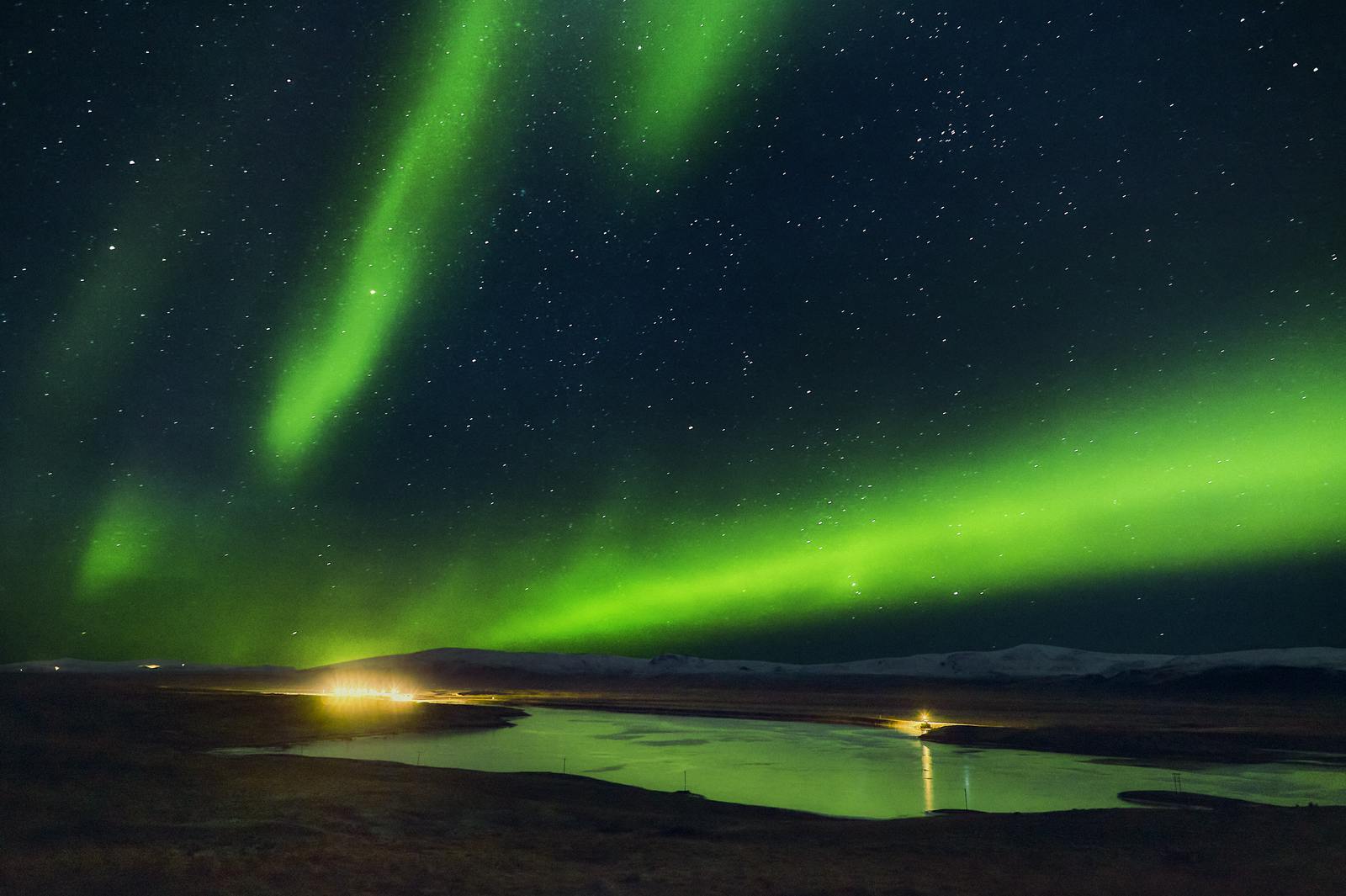
The Impact of Climate Change on Northern Lights
Northern lights, also known as auroras, are a natural phenomenon caused by solar winds. These winds push electrically charged particles, such as electrons, into atoms and molecules in Earth's upper atmosphere, producing the vibrant light displays we see. While solar activity, which drives the northern lights, is not influenced by climate change, other factors like cloud cover and weather patterns can affect the ability to view them. The best times to see the northern lights in Iceland are during the fall, winter, and early spring months when the skies are darker.
Does Climate Change Impact Auroras?
Climate change does not directly affect the Northern Lights or Aurora Borealis. Auroras occur in the Earth’s upper atmosphere, far beyond the layers impacted by climate change. As long as the Sun continues to emit solar winds and the Earth maintains its atmosphere and magnetic field, auroras will persist. However, climate change may influence factors like cloud cover and weather patterns, which could affect how often we experience clear nights suitable for viewing the auroras.
Ways in Which the Climate Affects Northern Lights
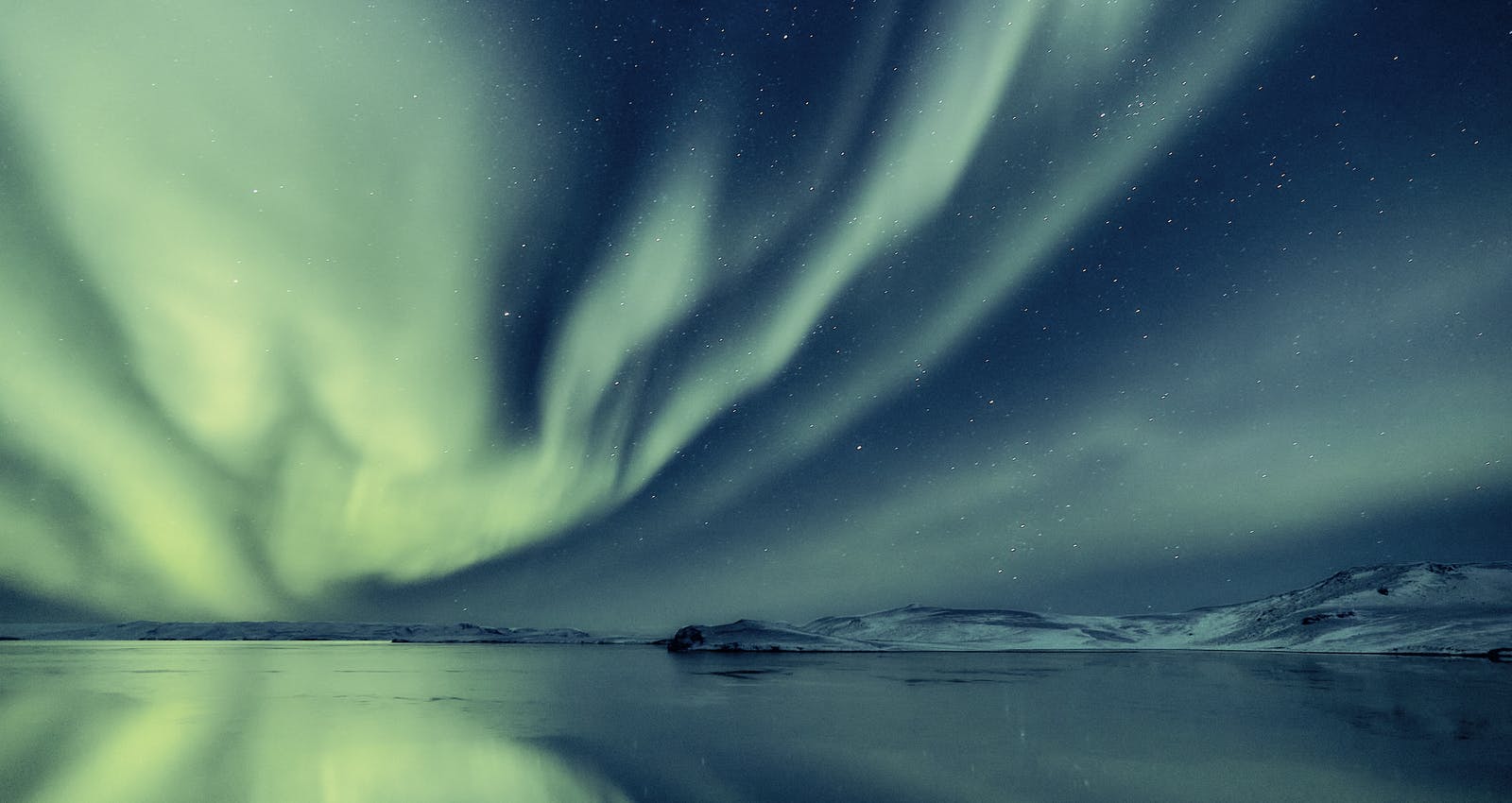
Magnetic Field Changes
While the northern lights are caused by charged particles from the Sun interacting with Earth’s magnetic field, climate change has no impact on the Earth’s magnetic field. The magnetic field is generated deep within the Earth’s outer core, far beyond the influence of human activity or climate change. Therefore, the patterns and intensity of auroras are not altered by shifts in climate.
Atmospheric Changes
While climate change cannot affect the behaviour of the Aurora Borealis, it can influence the visibility of the phenomenon. Increased moisture in the atmosphere may lead to more cloud cover, which could obstruct the view of the northern lights from the Earth’s surface. Clear skies are essential for observing auroras, so climate-related changes that result in more cloudy evenings may reduce the chances of seeing them.
Solar Activity
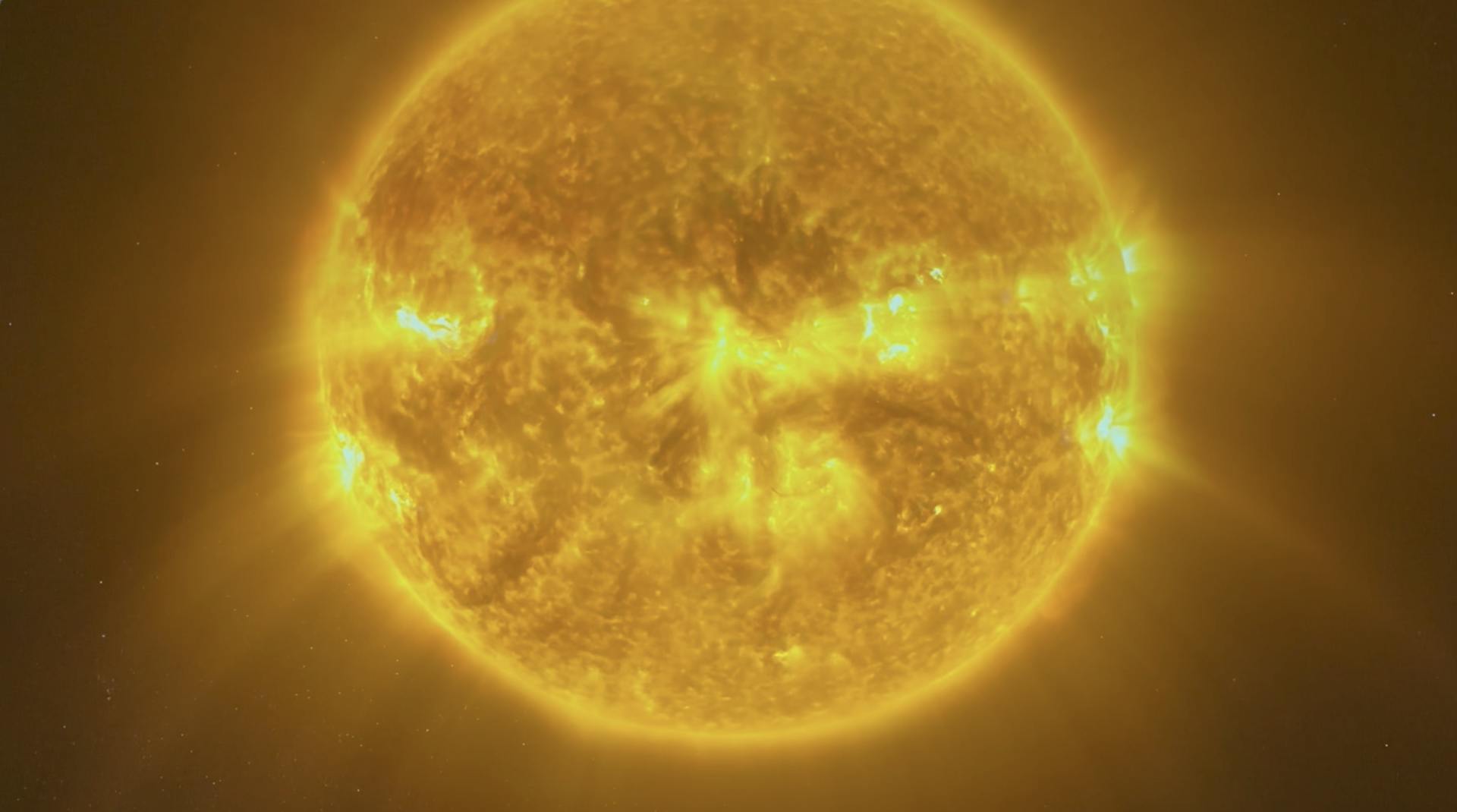
Solar activity plays a significant role in the frequency and intensity of the northern lights. While solar activity is not directly related to climate change, understanding and predicting these solar events are crucial for predicting auroras. Climate change does not directly affect solar activity, but it can impact our ability to monitor and predict it accurately.
Does Climate Change Have a Significant Impact on Auroras?
Besides a possible increase in cloudiness, climate change has no impact on the northern lights. The auroras are primarily driven by solar activity and the Earth's magnetic field, which are not influenced by climate change.
Where Can I Learn About Northern Lights in Reykjavík?
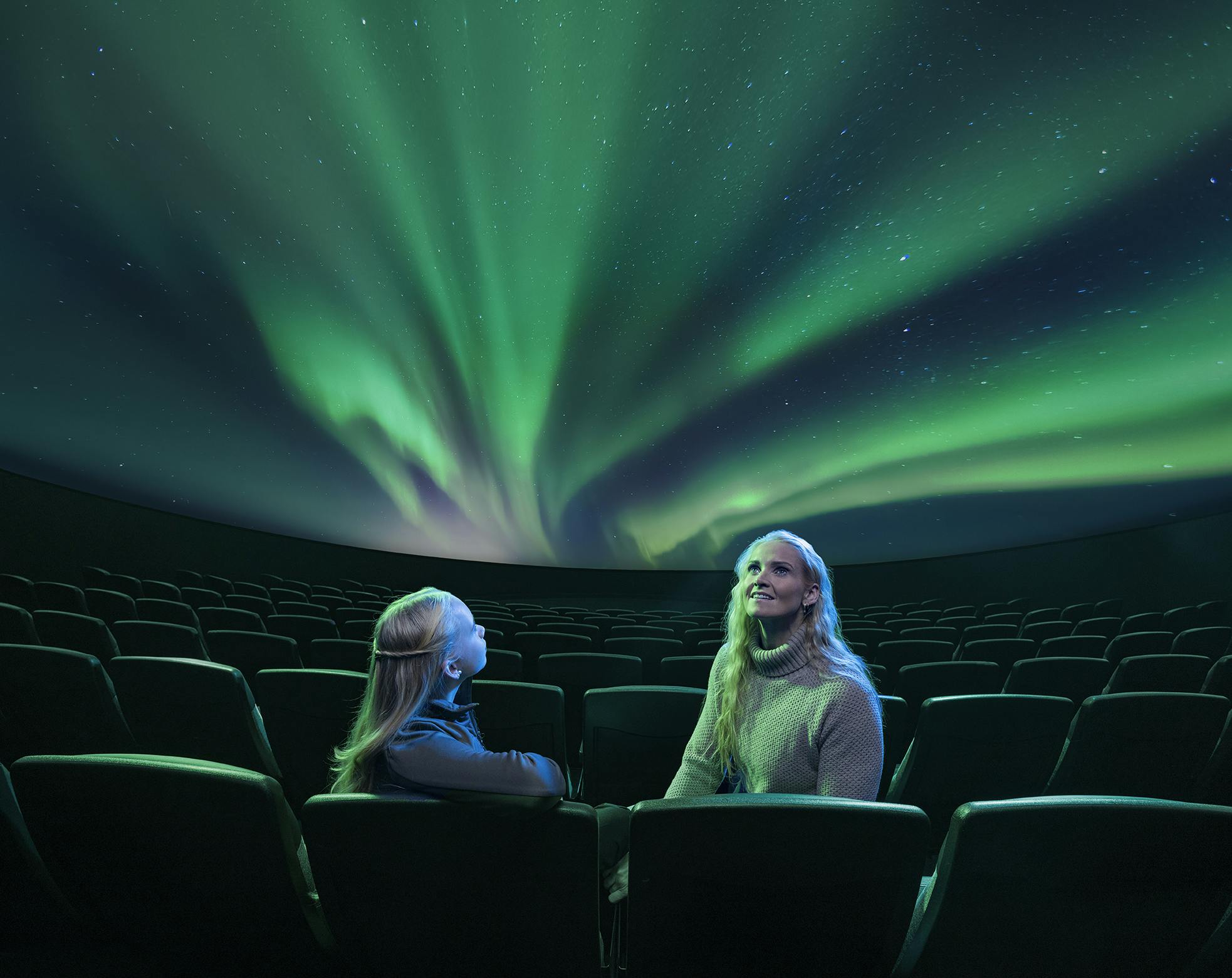
Perlan’s Northern Lights Show, Áróra, is a breathtaking film about northern lights. The film includes many stories, combining science and art to create a unique guest experience. At Perlan, you can learn how northern lights form, hear fascinating tales about them and see fantastic displays. In Icelandic nature and outer space, the northern lights virtually dance around you.
Perlan is home to Iceland’s only planetarium and uses a state-of-the-art 8K projection system and surround sound system to bring you the full spectrum of the magical story of the northern lights.
FAQ
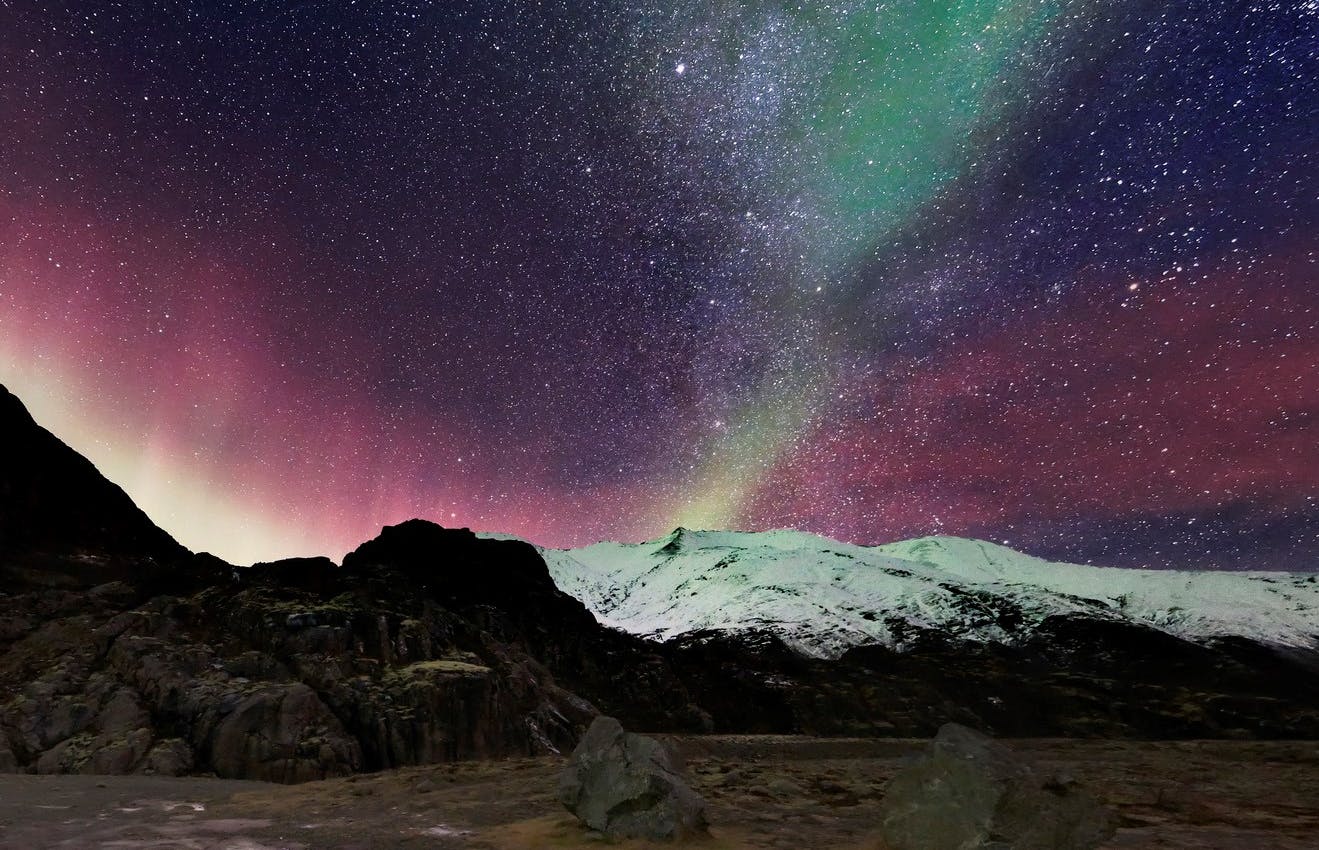
Why is aurora activity stronger close to the equinoxes?
Due to the earth’s axis, as the planet rotates around the sun, the angle of the earth’s magnetic fields changes. During the optimum time, which occurs during the equinoxes, magnetic fissures open up that allow solar particles out, setting off an auroral storm cycle, which creates a higher probability of northern light sightings.
How can I increase my chances of seeing northern lights in Iceland?
For an excellent chance to see northern lights in Iceland, travel during September to mid-April, stay for several nights in Iceland, monitor aurora forecasts, join tours, and most importantly, be patient. Sometimes, you may need to wait for the auroras to appear.
When is the Best Time of Year to see the Northern Lights?
One of Iceland’s most popular winter attractions is searching for the otherworldly northern lights. The best time to see northern lights is from late August to early April. We recommend checking an Aurora Forecast for visibility.
How to See the Northern Lights in Reykjavík
To increase your chance of seeing the auroras, it's crucial to stay away from major artificial lighting. Fortunately, the vast expanses and low population density of Iceland make this simple. Experienced tour guides are adept at finding spots with clear skies, offering visitors an optimal opportunity to view the auroras.
While the Northern Lights are a must-see in Iceland, another astronomical event will make 2026 even more special. The Solar Eclipse 2026 in Iceland will be a total eclipse visible from Reykjavík, offering a rare chance to experience both phenomena in one destination.







